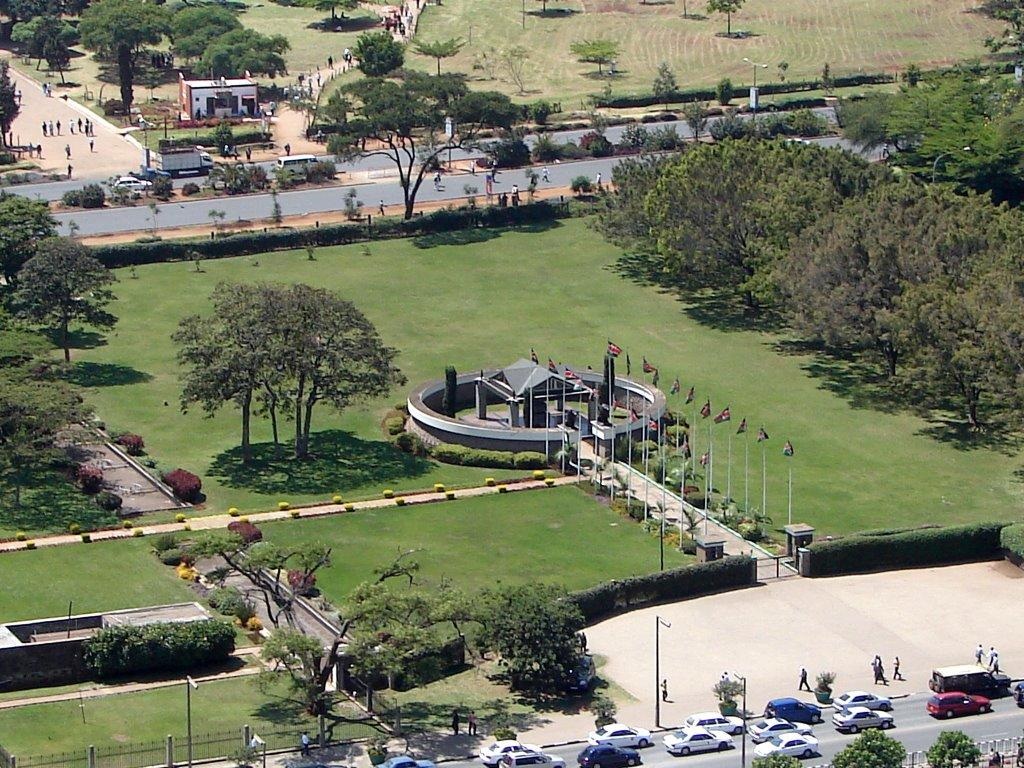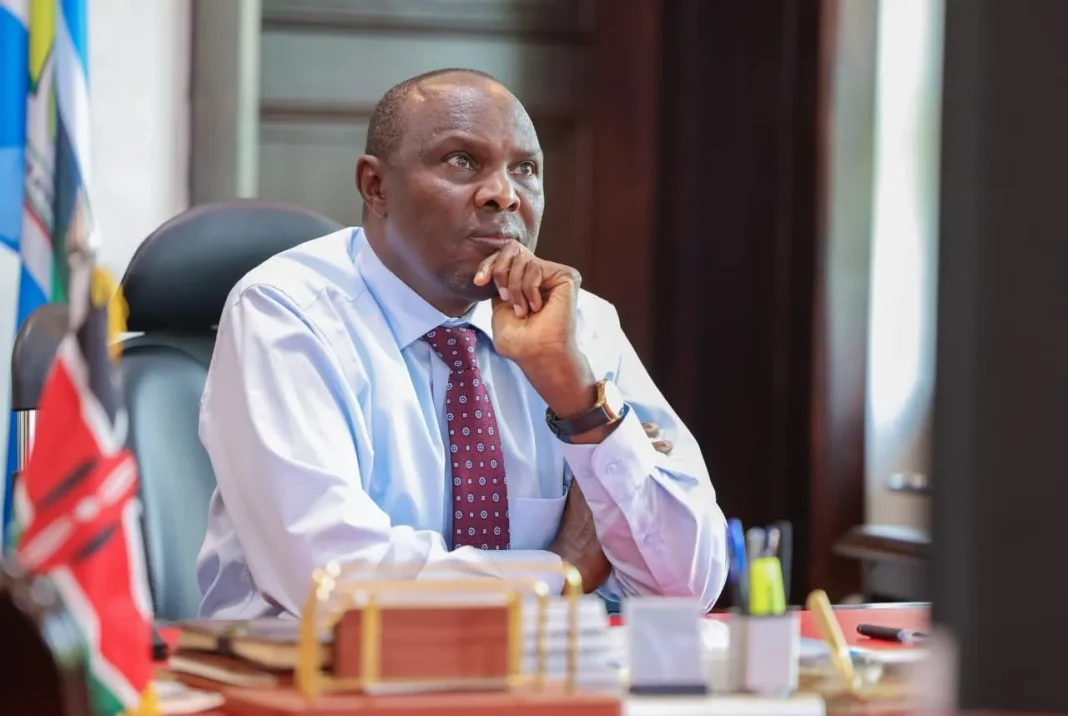The Ministry of Gender, Culture, and Children Services has urged caution in a petition seeking to relocate the remains of Kenya’s founding President, Mzee Jomo Kenyatta, from Parliament Buildings to his ancestral home in Gatundu, Kiambu County.
In its response, the Ministry, through Cabinet Secretary Hannah Wendot, acknowledged the sensitivity of the request but emphasized the need for “a dignified, consultative, and culturally sensitive” process.
“The petition’s reliance on constitutional provisions is robust but requires deeper scrutiny to assess its legal viability. Consequently, a multi-phased approach combining cultural validation, family engagement, and legislative or judicial oversight is necessary,” the CS stated.
The petition was filed on July 26 by John Mweha, who argued that the current resting place may not align with traditional African values and could be seen as inconsistent with the symbolism reserved for Parliament.
Mweha called for the remains to be interred in Gatundu, citing what he described as a probable wish of the late President and a gesture of cultural honor.
The Ministry stressed that the family must play a central role in any such decision, alongside broader cultural consultations and legal considerations.
Jomo Kenyatta, who led Kenya to independence and became its first President in 1964, died on August 22, 1978, following a stroke. He was buried at the Parliament Buildings in Nairobi, a decision meant to honor his role in shaping the nation’s history.
His mausoleum has since remained heavily guarded and closed to the public, although there have been previous petitions to allow Kenyans access.







online casino real money paypal
References:
https://jokakiki.shop/bbs/board.php?bo_table=free&wr_id=227
best online casino usa paypal
References:
activeaupair.info
To play for real money in an online casino, you
first have to deposit money into your casino account and
there are many secure and safe various options available for this.
A casino with live dealers is a unique opportunity for Aussie players who like
to play online casino games in the comfort of their own homes, but where there are
live dealers. When playing live casino games or managing funds in National Casino’s mobile suite, make sure you have a stable mobile network or Wi-Fi connection for the best experience.
By earning points through gameplay, players can unlock additional perks and enjoy a higher level of service.
This is an excellent way for new players to explore the platform
and try their luck without any financial risk.
Whether you’re watching a local cricket match or an international football game, National Casino’s live sports betting options offer endless entertainment opportunities.
These games come from some of the world’s most reputable software providers,
ensuring high-quality graphics, smooth gameplay, and immersive sound effects.
References:
https://blackcoin.co/las-vegas-a-comprehensive-guide/
There is no monthly subscription fee and you can begin to watch TV shows and
movies for free right now by downloading the Tubi app. Tubi is always adding great new content, so
stay tuned to find out what you can watch completely for
free right now on Tubi. Follow the topics, people and companies that matter to you.
Mr Costello said the Queensland government
“should be ruling out up-front, clearly” the prospect of Chow Tai Fook lifting its stake in the Brisbane casino.
Another source said Star’s minimum fee was $40 million a year for 50 years, a “staggering amount of money for a second-tier city like Brisbane” but based on the idea the casino would
lure wealthy Chinese gamblers. Star has been seeking a financial lifeline in recent
months, after revealing its cash reserves sank to just $79 million at the
end of 2024. Industry sources familiar with the talks told the ABC a
sticking point was the fee that casino owners had to pay Star
for running Queen’s Wharf.
References:
https://blackcoin.co/welcome-to-casino-motor-inn/
Spieler mit einem Konto bei 1Bet können auch von unterwegs
wetten. Die Dinge haben sich geändert, wenn es um Online-Sportwetten geht.
Auch wenn 1Bet in Deutschland möglicherweise keine PayPal-Optionen akzeptiert, können Spieler mit anderen E-Wallets und Kryptowährungen wetten. Sie
ist auch eine gute Option für diejenigen, die ihre Kreditkarten nicht für Glücksspielzwecke verwenden möchten. 1Bet
Deutschland bietet viele Bankoptionen, was ein Grund ist, warum viele Wettende diesen Buchmacher als ihre bevorzugte Wettseite ansehen.
Es gibt fast 70 verschiedene Blackjack-Varianten,
mit denen man spielen kann. Man kann hier Roulette, Blackjack,
Casino Poker und andere beliebte Tischspiele finden.Blackjack-Fans werden von der Anzahl der Variationen, die
ihnen zur Verfügung stehen, ziemlich beeindruckt sein. Die Auswahl an Tischspielen ist nicht weniger
beeindruckend. Egal, was Sie spielen möchten, MrBet ist
bereit, es zu liefern. Der Spielclub ist trotz der Tatsache,
dass er erst kürzlich seine Türen für Fans von Casinospielen geöffnet hat, fest in der Glücksspielbranche etabliert, und
die Gründe dafür sind seine legalen Aktivitäten und verschiedenen Dienstleistungen.
References:
https://online-spielhallen.de/dolly-casino-freispiele-alles-was-sie-wissen-mussen/
ds0cgr